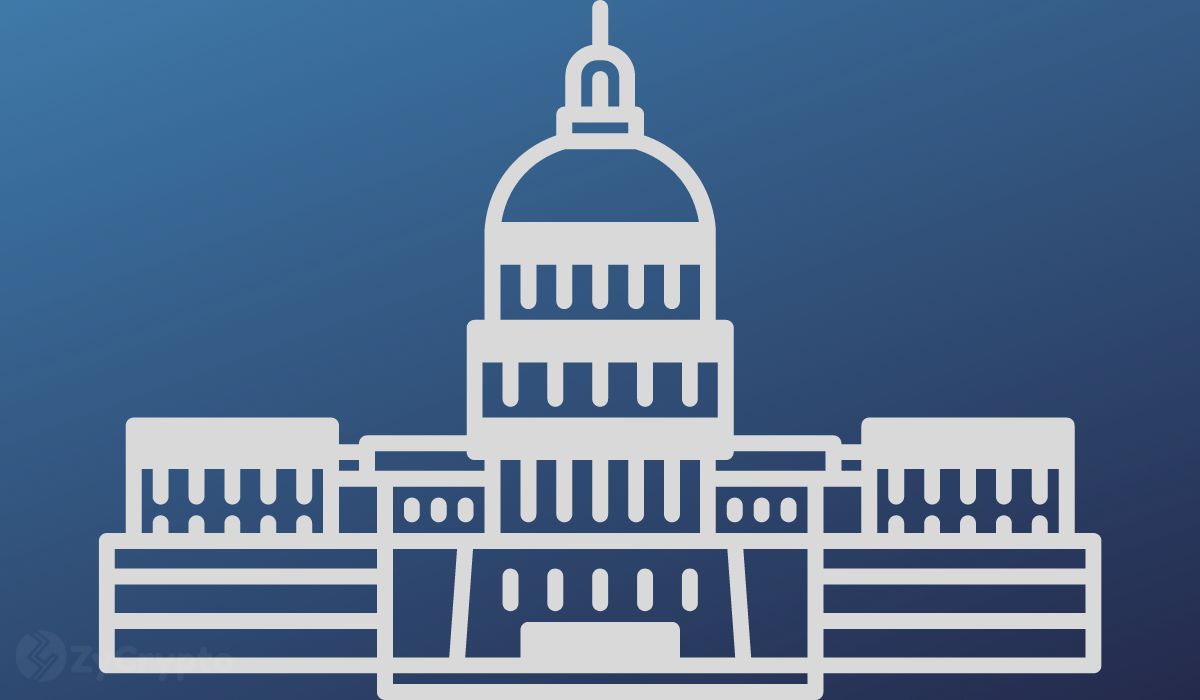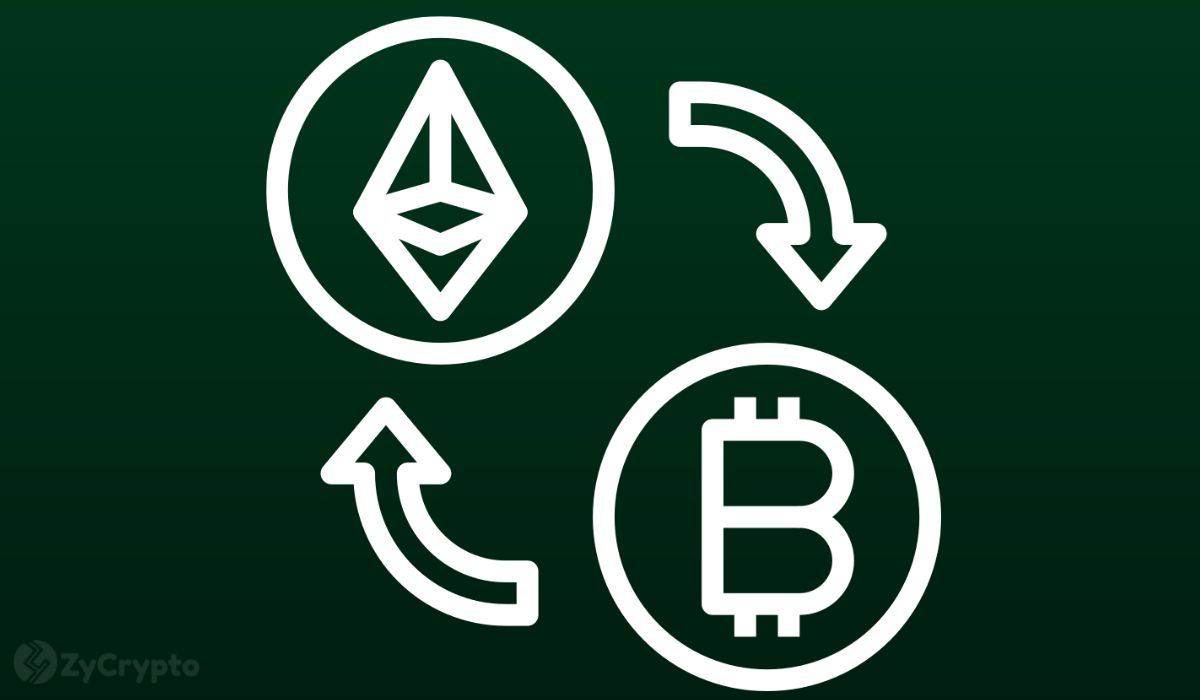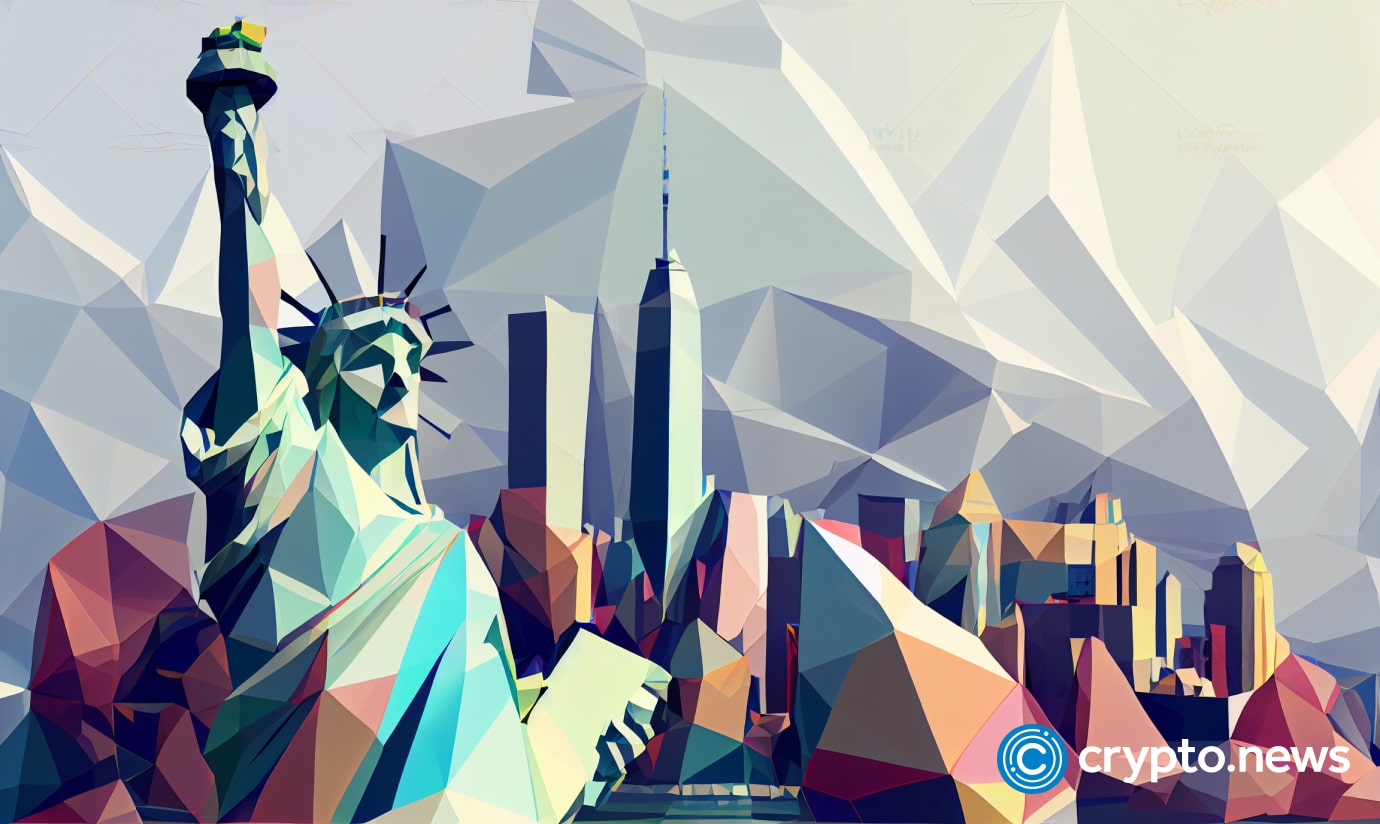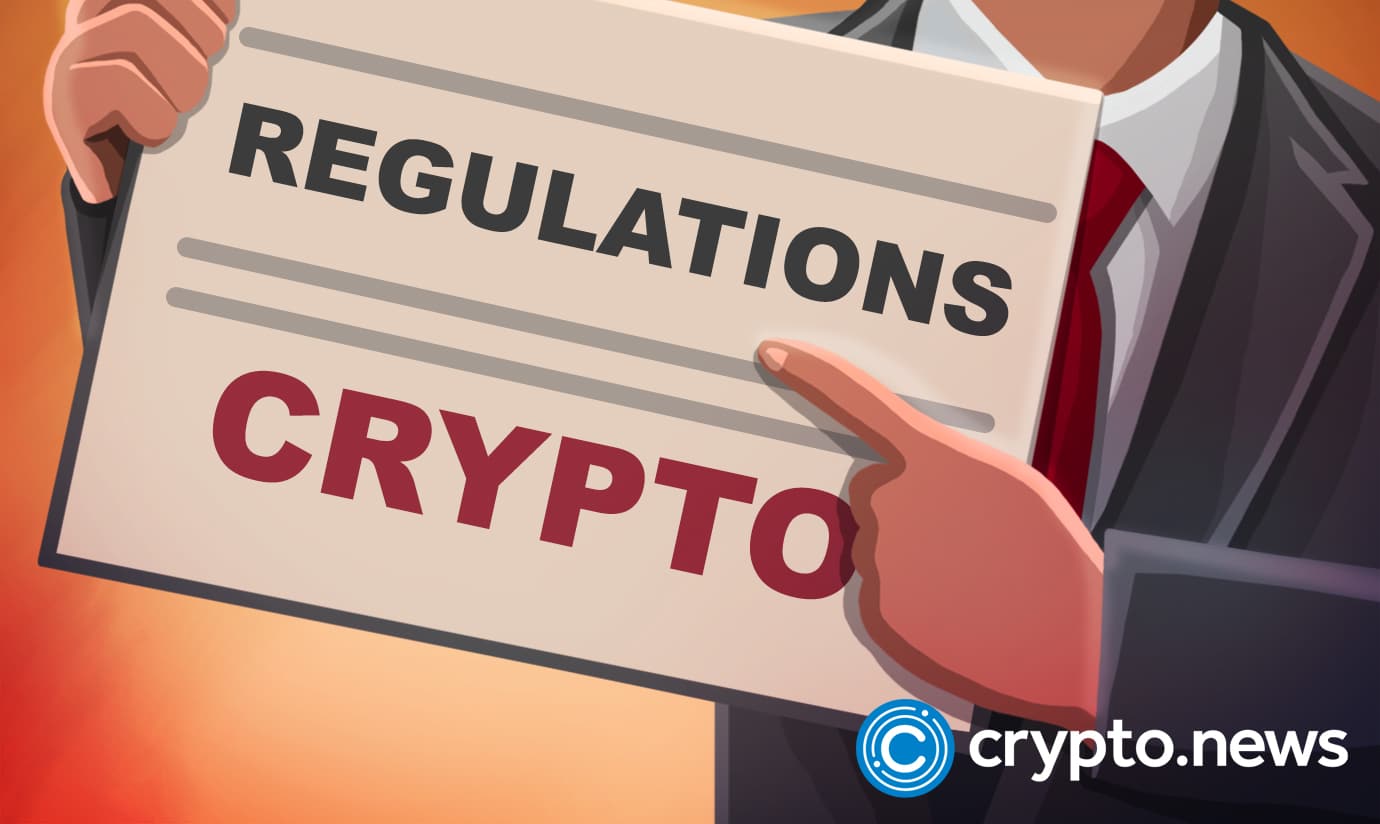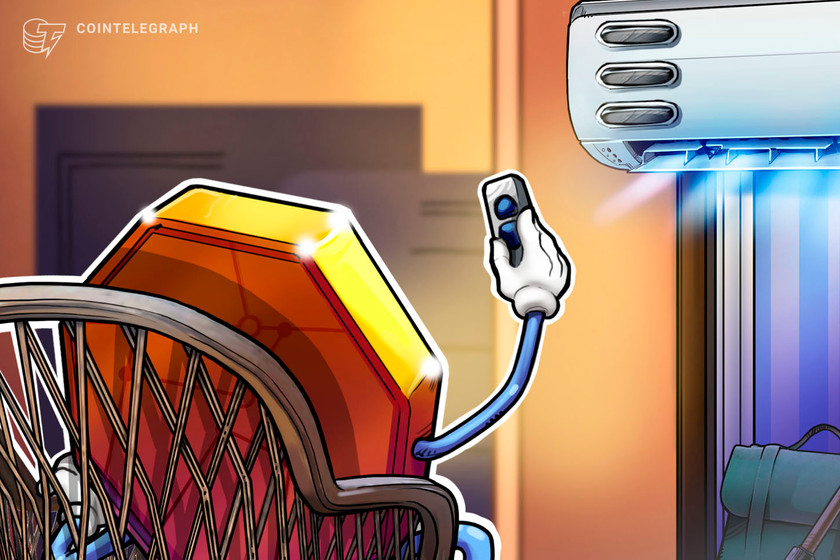2023-6-22 06:00 |
The following is a guest post from Nilmini Rubin, Chief of Staff and Head of Global Policy at Hedera.
When I testified on the future of digital assets in front of the House Subcommittee on Commodity Markets, Digital Assets, and Rural Development, the discussion addressed the impactful uses of cryptocurrencies and how the lack of US regulatory clarity was thwarting blockchain industry development in the US.
The House Financial Services Committee and the Agriculture Committee met jointly in May to work on crypto legislation, and this represents a significant opportunity for the US to re-establish its position as the leader in internet infrastructure innovation.
Why Public Blockchains Need Digital Assets‘The internet’ as we know it is essentially a decentralized set of computers talking to each other through open protocols on a public network. A multi-stakeholder governing body created each protocol. Those protocols, like TCP/IP, DNS, HTTPS, etc., keep evolving to enable additional capabilities that benefit society. Initially, internet protocols enabled several institutions to share information (the read-only, “web1”).
Protocol innovations enabled people to self-publish and securely message anyone (read and write, “web2”). Web2 protocol innovations enabled secure e-commerce and mobile app connectivity — bringing the internet everywhere.
Public blockchains are called ‘web3’ because they deliver the next major protocol innovation, enabling unprecedented personal control — the ability to read, write, AND own your data and assets — without dependency on centralized intermediaries. Unlike in Web2, where a user account only exists on a single company’s servers, in web3, the entire blockchain network records account ownership. Web3 user accounts are persistent across an array of services that exist on blockchains.
Public blockchains are operated by a network of independent computers, or ‘nodes’. Since public blockchain nodes act as the platform on which applications are built, they cannot fund operations by selling advertisements or subscriptions like Web2 intermediaries. Instead, users must directly compensate nodes through fees, like water and electricity charges.
Node fees are typically tiny and frequent, with hundreds or thousands of messages or transactions processed per second. It is not possible to use the existing financial system to send fractions of a penny so quickly, efficiently and globally.
To solve this problem, public blockchains use a digital asset, or cryptocurrency, to transfer value directly between users and operators. The cryptocurrency serves as the fuel on which the network runs. For example, during the last month, the Hedera network processed over 1.5 billion transactions. Each transaction costs a tenth ($0.001) and a hundredth ($0.0001) of a penny, paid in the network’s native cryptocurrency, ‘HBAR’.
Public Blockchains Advance the Economy and HumanityThe ability of blockchains to provide trusted and timestamped records enables people to store, track and monitor data in new and powerful ways. For example:
Starling Lab, co-founded at Stanford and the University of Southern California, built a framework to verify and preserve the authenticity of photos and other evidence, which is used to preserve the USC Shoah Foundation’s Holocaust archive and testimonies from tampering. The DOVU marketplace allows farmers to generate additional income by changing farming techniques and planting additional crops. Their actions are tokenized as carbon credits to fund carbon-reducing projects. atma.io, built by Avery Dennison, helps brands reduce waste across the supply chain for over 28 billion items – offering economic and environmental benefits. Everyware monitors vaccine cold-chain storage across the supply chain and picks up on any irregularities before administering those vaccines to patients – keeping patients safe. Recommendations for CongressThe sale of digital assets to raise money for creating a network or application fundamentally differs from using digital assets as fuel to pay for network activity costs or obtain access to other goods or services. Regulations should be tailored to address the unique characteristics of each.
Built on the premise that digital asset regulation should protect consumers, enable innovation, and promote competition, Congress should pass legislation to create an activities-based framework that regulates the use of digital assets based on the nature of the transaction:
First, Congress should clearly define and delineate between “Digital Commodity” and “Digital Security,” or when a digital asset is neither. Second, Congress should empower the CFTC to regulate certain Digital Commodity activities, such as operating a centralized spot marketplace. Clarity here will significantly improve consumer safety.In the same way, not all assets are securities, not all digital assets are securities. Applying existing securities law to all cryptocurrencies severely limits — if not prohibits — the actual use of public blockchains.
For example, a supply chain application for the manufacturing process of a food item to ensure accurate tracking of expiration dates for consumer safety may require an SEC-registered broker-dealer just to pay a one-cent transaction fee in cryptocurrency to log a supply chain event.
Legislative clarity for innovative products has been done before. The 2010 Dodd-Frank Wall Street Consumer Protection Act successfully allocated rulemaking authority for swaps to multiple federal agencies. The same approach can be taken for digital assets.
Digital asset use is inherently international and it is important that any regulation takes that into account. To regulate fast-developing innovations like digital assets, the CFTC is a more appropriate regulator than the SEC because the CFTC adheres to the concept of ‘principles-based regulation’ while the SEC follows a prescriptive rules-based approach.
The current regulatory environment in the US provides no clear path to compliance, leaving two choices: 1) find that path overseas, or 2) keep hoping regulation will catch up before enforcement punishes another innovator.
The internet is global but was invented in the US, allowing American values to underpin fundamental internet protocols. Congress must define rules to enable public blockchains to thrive so the next wave of internet value creation continues to echo the US’ commitment to markets and democracy. Other countries are swiftly moving forward with digital asset regulations.
The resulting regulatory certainty may give companies in those locations an advantage over US companies; it may encourage US-based companies to move offshore, and it may present national security risks.
Congress should set rules that will enable American innovators to keep playing a leading role in the future of the Internet.
The post Op-ed: As the House readies a crypto bill, what’s heeded to keep the U.S. at the forefront of web3 innovation? appeared first on CryptoSlate.
origin »Bitcoin price in Telegram @btc_price_every_hour
Toast.finance (HOUSE) íà Currencies.ru
|
|

